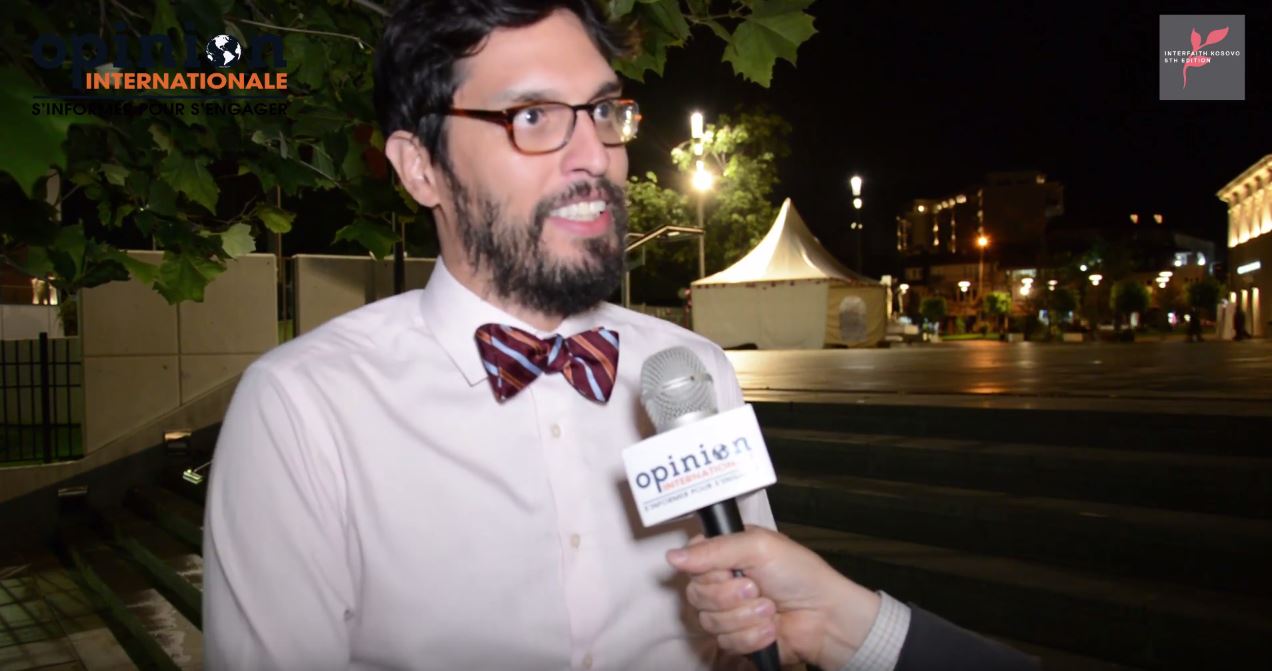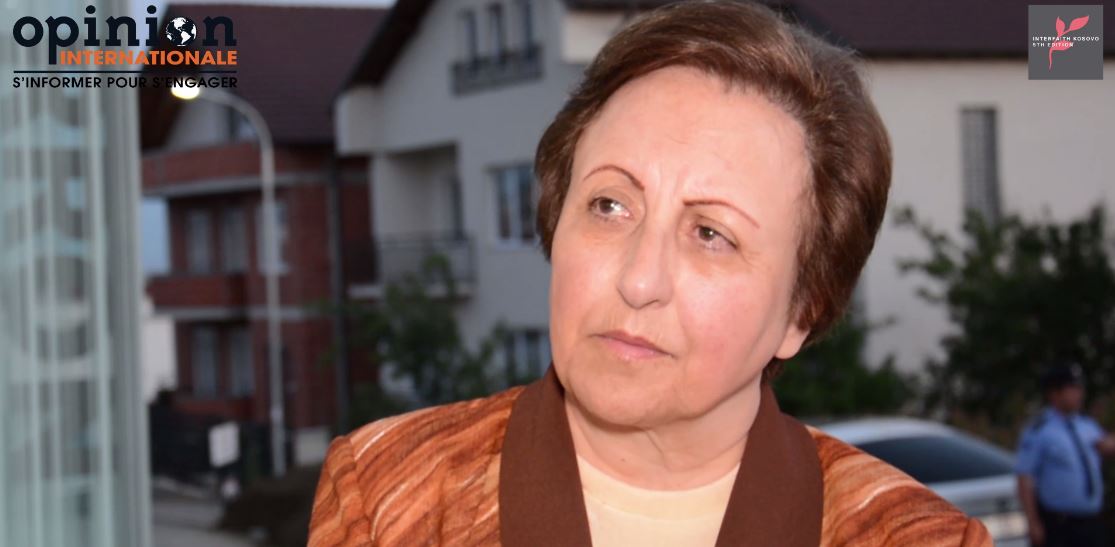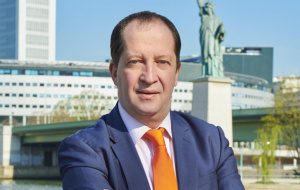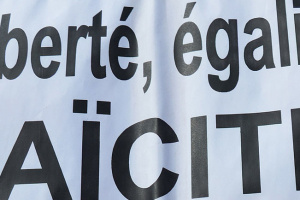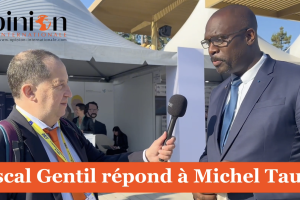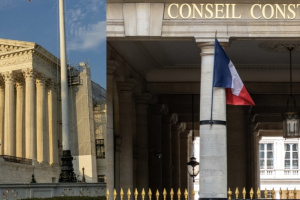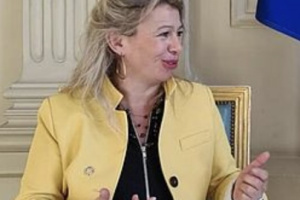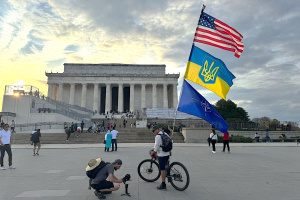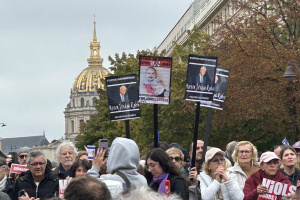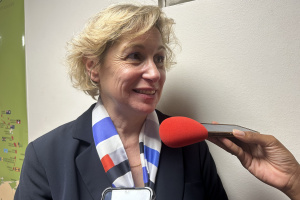Environment and Sustainable Development
October 29th – Climate News Network – China-US Links Can Spark Emissions Breakthrough
 If the U.S. and China would “adopt global best practice on climate change policy, total global greenhouse gas emissions would be radically reduced, and the goal of limiting the global average temperature rise to 2˚C by 2050 could be achieved.”
If the U.S. and China would “adopt global best practice on climate change policy, total global greenhouse gas emissions would be radically reduced, and the goal of limiting the global average temperature rise to 2˚C by 2050 could be achieved.”
This is the conclusion of a collaborative report, released by several American research groups, on the future of environmental policies within the two countries. Experts advise both the U.S. and China to reduce their reliance on coal-generated energy in sectors like : electricity production, building and transports.
Although China is the bigger polluter in absolute value, the report helps understand the immense gap between the two giants in terms of emissions per capita. As an example, “electricity usage per head in the US is 4 times that in China”, and “car ownership is 10 times higher in the US than in China”.
October 30th – Reuters UK – Midterm Elections’ Impact on US Energy, Environment Agenda
 Voting polls tend to concur on the outcome of November’s ballot: Republicans could take control of the Senate, and they are likely to hold onto the House.
Voting polls tend to concur on the outcome of November’s ballot: Republicans could take control of the Senate, and they are likely to hold onto the House.
If these predictions come true, Reuters offers a series of analyses on how a Republican-dominated Congress would influence environmental policies.
Among the main topics, the article predicts a renegotiation around Barack Obama’s carbon regulation plan, the return of the Keystone pipeline project, and the potential expansion of crude oil export.
While President Obama still holds discretionary powers over Congress, he may face greater opposition as Senate switches side. Senate Minority Leader Mitch McConnell of Kentucky said he would “use high-pressure tactics to challenge Obama”, such as attaching riders to rein in the Environmental Protection Agency (EPA) via must-pass spending bills that only require a simple majority to pass.
Human Rights & Individual Liberties
November 2nd – PBS NewsHour – Brittany Maynard Case Spotlights Crucial Conversation of How We Want to Die
 Brittany Maynard, 29, has decided to end her life before illness does. Suffering from a fatal form of brain cancer, she recently moved to Oregon, where she will legally receive a lethal dose of sedatives, under the state’s “death with dignity” program. Oregon was the first state to adopt an assisted suicide law twenty years ago. Since then, only New Mexico and Montana followed suit.
Brittany Maynard, 29, has decided to end her life before illness does. Suffering from a fatal form of brain cancer, she recently moved to Oregon, where she will legally receive a lethal dose of sedatives, under the state’s “death with dignity” program. Oregon was the first state to adopt an assisted suicide law twenty years ago. Since then, only New Mexico and Montana followed suit.
Brittany’s testimony appeared in various media over the course of last week, bringing forward the national debate around the morality of such practice.
October 31st – The Washington Post – Federal Civil Rights Charges Unlikely Against Police Officer in Ferguson Shooting
 The white police officer who shot dead a black teenager in Ferguson, MO, is unlikely to face civil rights charges, Justice Department officials announced. There is contention on whether police officer Darren Wilson had reason to believe he was in danger in his confrontation with 18-years old Michael Brown.
The white police officer who shot dead a black teenager in Ferguson, MO, is unlikely to face civil rights charges, Justice Department officials announced. There is contention on whether police officer Darren Wilson had reason to believe he was in danger in his confrontation with 18-years old Michael Brown.
Investigators say they “have all but concluded they do not have a strong enough case” to prove Wilson violated the rights of Brown when he killed him. Justice spokesman Brian Fallon says the case remains open and any discussion of its results is premature. “This is an irresponsible report by The Washington Post that is based on idle speculation,” he added in a statement.
October 28th – Winston-Salem Journal – North Carolina’s Ultrasound Goes Before Judges
 In North Carolina, health care workers may soon be required to show pregnant women ultrasound images of the foetus, a few hours before performing abortion. In a bid to make abortion morally more difficult for women, pro-life groups are pushing forward ultrasound legislations in different states. A North Carolina version of the bill was passed in 2011, but later put on hold in January 2014. Today, the 4th Circuit Court of Appeal is considering whether the procedure should be reinstated or not.
In North Carolina, health care workers may soon be required to show pregnant women ultrasound images of the foetus, a few hours before performing abortion. In a bid to make abortion morally more difficult for women, pro-life groups are pushing forward ultrasound legislations in different states. A North Carolina version of the bill was passed in 2011, but later put on hold in January 2014. Today, the 4th Circuit Court of Appeal is considering whether the procedure should be reinstated or not.
In Texas and Oklahoma, the Courts of Appeal’s decisions remain in place, as the US Supreme Court refused to hear cases from either of them. Pro-choice groups hope the pending decision by the 4th Circuit Court will open a new opportunity for the Supreme Court Justices to take up the topic.















